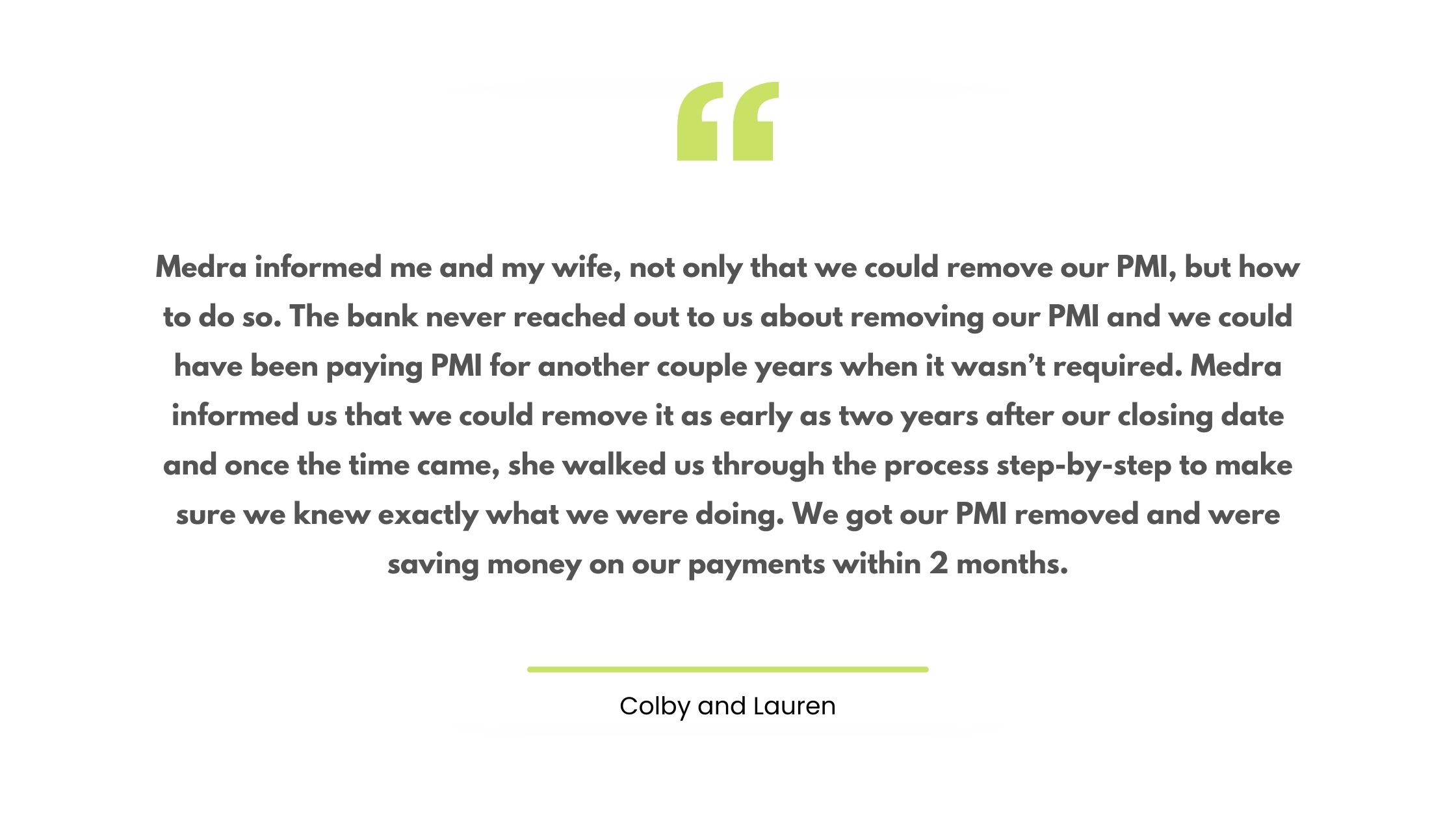What is PMI and Why is it Necessary?
In the fast-paced world of real estate, knowledge is crucial. A significant aspect of this industry pertains to Private Mortgage Insurance (PMI). PMI is an insurance that lenders require from homebuyers who obtain loans that are more than 80% of their new home’s value. In simpler terms, if you make a down payment of less than 20%, you’ll likely be required to pay PMI. This insurance safeguards the lender if the borrower defaults on the mortgage. While PMI can be an additional monthly expense, it can also be a beneficial tool for those eager to leap into homeownership with a smaller down payment.
Rising Home Values: An Opportunity to Drop PMI
If you live in a region experiencing a surge in property values such as the Denver Metro area, you might have more equity in your home than you realize. The significant increase in home values in this region over the past two to three years implies that even if you’ve owned your home for a short period, you could have built enough equity to bring your mortgage balance down to 80% or less of your home’s current value. This could qualify you to request a removal of PMI.
Evaluating PMI Cost Factors
PMI is not a one-size-fits-all charge; its cost can vary significantly depending on several factors. These include your loan-to-value (LTV) ratio, your credit score, and your loan type. A high LTV ratio or a low credit score could lead to higher PMI payments. Similarly, the type of loan you choose, such as adjustable-rate mortgages, can also impact the cost of PMI.
6 Strategies to Eliminate PMI
While PMI can be a costly addition to your monthly mortgage payment, there are several ways to eliminate this cost. These strategies include waiting until you qualify for automatic termination of PMI, requesting PMI cancellation when the mortgage balance reaches 80%, paying down your mortgage earlier, refinancing your mortgage, re-appraising your home due to rapidly increasing home values, or improving your home to increase its value.
Understanding Your Rights Under Federal Law
The Homeowners Protection Act of 1998 provides certain rights to homeowners who pay for PMI. This act ensures protection against excessive PMI charges and provides a mechanism to cancel PMI once a sufficient amount of equity has been built up in the home.
The Importance of Financial Prudence
While eliminating PMI can be a financial relief, it’s essential to not compromise your financial health in the process. Draining your bank accounts to escape PMI might not be the best strategy. It’s crucial to have some liquidity for emergencies. Before you tap into your savings or retirement funds to reach the 20 percent equity mark, consult with a financial adviser to ensure you’re making the right decisions.
Final Thoughts
Navigating the complexities of real estate and homeownership can be challenging. Whether you’re a first-time buyer understanding PMI or a current homeowner seeking to leverage the booming market in areas like Denver Metro, remember—you’re not alone. Understanding and making informed decisions about PMI can make a significant difference in your homeownership journey.

 Facebook
Facebook
 X
X
 Pinterest
Pinterest
 Copy Link
Copy Link

